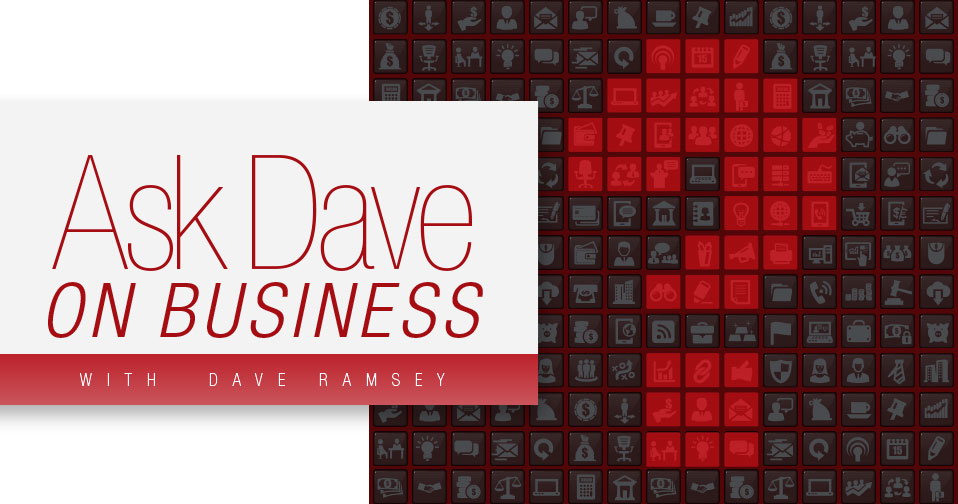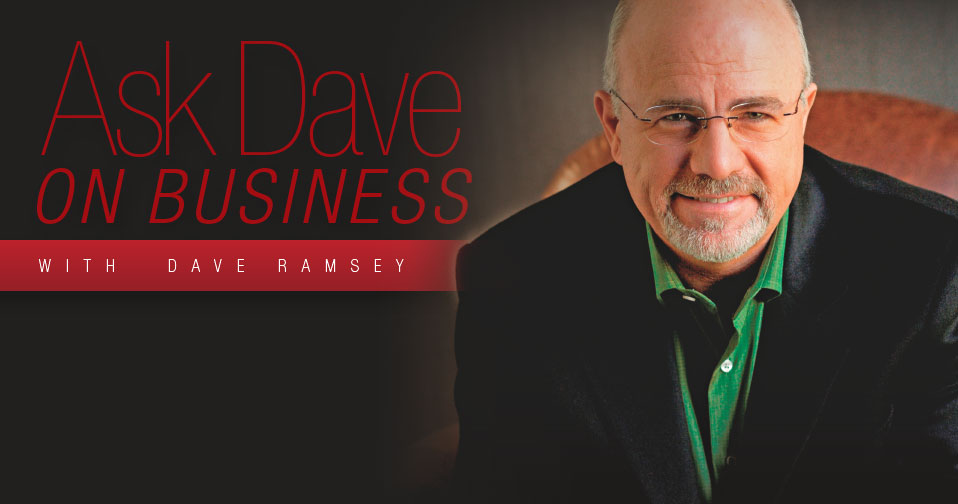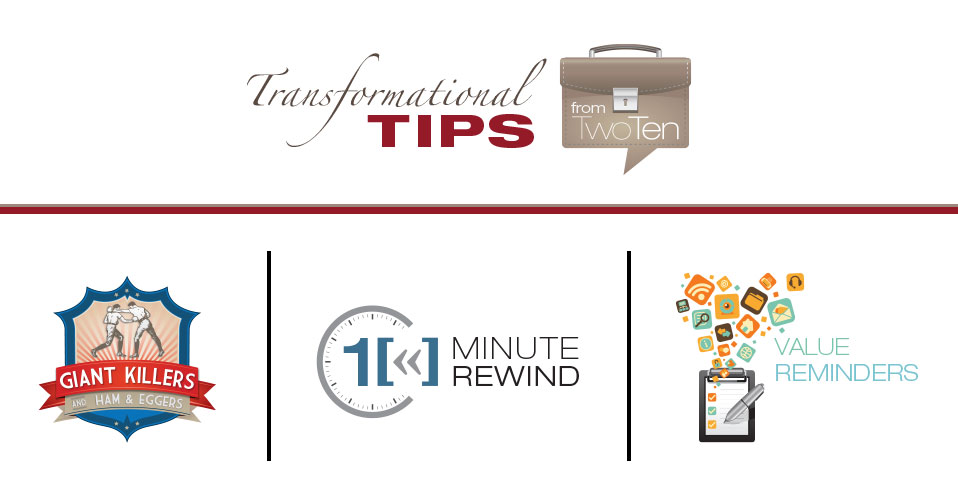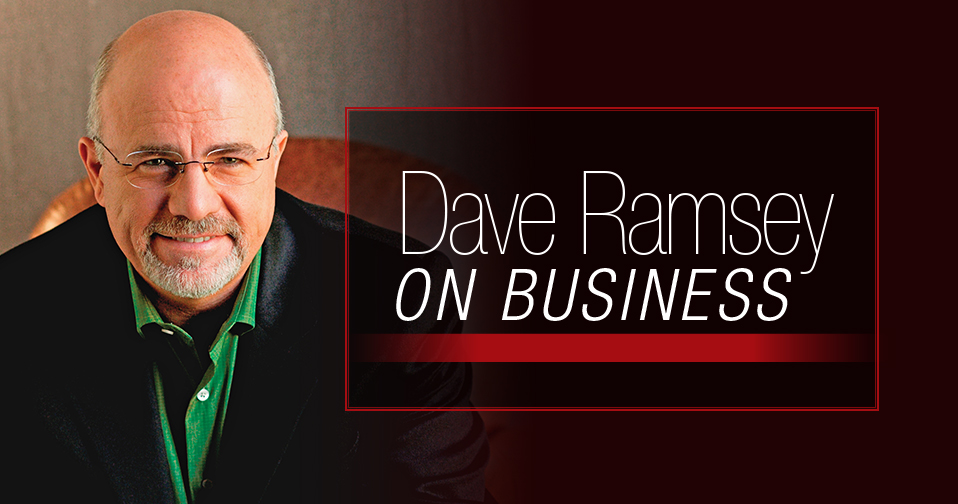John C. Maxwell: Tips From The Leader's Leader

The name John C. Maxwell is synonymous with leadership wisdom. He has written more than 50 books, three of which have sold over one million copies each: The 21 Irrefutable Laws of Leadership, Developing the Leader Within You, and The 21 Indispensable Qualities of a Leader. In May of 2014, he was named the #1 leadership and management expert in the world by Inc. Magazine.
After graduating from college in 1969, John accepted the job of pastor at a small church in Indiana. Less than five people attended his first service. The church dramatically grew under his leadership, and he went on to lead some of the largest churches in the nation. He felt that God gave him the ability to teach others how to increase the effectiveness of their leadership skills and began giving leadership seminars and writing books on the topic. His companies, NJOY, Maximum Impact, The John Maxwell Team, ISS and EQUIP work with over 80 nations around the globe to help public, private, non-profit, religious, and government organizations maximize their leadership resources.
At the age of 68 and teaching leadership for over 40 years, he has no intention of slowing down now. His new book, Intentional Living, hits the shelves this fall, and he is booked a year in advance for speaking engagements. John took time out of his busy schedule to talk to us about his latest book and give us some insight on the state of business leadership today.
TwoTen: You’ve dedicated your life to communicating and teaching leadership principles. Our culture and workforce has changed a great deal over the past 40 years. Have approaches to leadership changed over the years as well? If so, in what ways?
Maxwell: Yes, approaches to leadership have changed a few times over the years. Many years ago, the emphasis was on management. Peter Drucker, who wrote many books on the subject, was often referred to as the father of modern management. In the 1970s and ‘80s, the focus began to shift to leadership. People realized that you can manage systems, but you need to lead people. In the 1980s, I developed The 5 Levels of Leadership, because I wanted to teach people about the different types of interaction between leaders and followers and how influence worked.
The next big shift in focus was from individual leadership to team leadership. People began to acknowledge the reality that a good leader can’t be a “Lone Ranger.” No one person can do everything well, so we need to build teams to succeed.
Lately, people have been talking about the importance of culture in an organization—the idea that if you want to succeed as a leader, you have to shape the culture of your organization, specifically to encourage rather than discourage employee engagement. All that being said, the leader’s job has always been to get people working together for a greater goal. So while the emphasis has sometimes changed, that part never changes. John C. Maxwell
TwoTen: With all of the ways to communicate now (email, text, chat, social media, etc.) compared to 40 years ago, are we communicating better now, or just communicating more?
Maxwell: I believe we might be communicating more, but that doesn’t necessarily translate into “better.” Good communication has always been about connecting. That’s the most important thing, so the method doesn’t matter as much. Because of email and texting, you might be having a lot more conversations, but if you’re not connecting, you’re not communicating effectively.
Methods will continue to change, and technology will definitely be a factor. But if you want to communicate with people, you have to find a way to connect.
TwoTen: Are there communication pitfalls that business leaders need to avoid in this “connected” age?
Maxwell: Yes. It’s really easy to rely too much on impersonal communication, like email or texting. But there really is no substitute for a personal touch. In my book The 360 Degree Leader, I wrote about the value of walking slowly through the halls. Others have referred to this as Management By Walking Around. This in-person contact is so important to both communication and morale. Any time you begin to believe that you can lead without any personal connection, you can get yourself into trouble.
I know this has become more difficult in today’s virtual work environment. But it needs to be the foundation of the relationship. Establish the relationship personally. Spend time with people. Let them know you value them. Establish that connection. If you do that, you create a strong relational foundation, and it’s easier to stay connected, even using less personal methods. But as soon as you sense that the personal connection is weakening, you need to reconnect with the person.
TwoTen: What do you think is the most effective way for Christian business owners and leaders to bring their faith into the workplace?
Maxwell: By delivering results first. In the church world, we tend to focus on having character, and expect people to respect us for that. But in the business world, results come first. If you don’t deliver results, you have no credibility or platform to speak about your faith. Do your job well. Model your faith by living it out. Love and value people the way Jesus did. Do all those things, and maybe you’ll get an opportunity to speak about your faith.
TwoTen: In your latest book, Intentional Living, it can almost be considered a call to action for Christian business leaders and is very personal at the same time. With the volumes of books that you’ve written, what was the catalyst to write this one at this stage of your life?
Maxwell:The catalyst was a word that wouldn’t let go of me. Every year in December, I ask God to give me a word for the coming year. For 2013, the word God gave me was transformation. I immediately started thinking about a book on transformation—specifically on transformational leadership. For many months, I worked on the book. But the idea was so big that I couldn’t get my arms around it. I ended up setting it aside and writing another book that year (Good Leaders Ask Great Questions). But the word wouldn’t let me go. The next December, when I asked God for a word for the coming year, he gave me transformation again.
I began working on the idea for the book again. As I reflected, I focused on the idea that to be a transformational leader for others, you have to be transformed first yourself. And I asked myself, how does that happen?
I realized that it doesn’t “just happen.” To be transformed, to become a person of significance who makes a difference in the lives of others, you have to be intentional. In other words, the key to transformation is intentional living. That was the “aha” moment for me. Once I realized that, the book started to come together. John C. Maxwell
TwoTen: Of all the books that you’ve written, which is the one that you believe every business leader needs to read?
Maxwell: Well, I always think that my current book is my best book. People kid me about that. But I really do believe that Intentional Living is the most important book I’ve ever written. It’s certainly the most personal. And I think it has the potential to change a person’s life—whether you’re a business leader or not. That’s because it’s all about understanding why God put you on earth, and then learning to use that to add value to other people.
TwoTen: What gives you the greatest sense of optimism about the next generation of business owners and leaders?
Maxwell: One thing I’m excited to see in young leaders today is a hunger to make a difference. People in this generation often get criticized for being self-centered, but I’m actually seeing the opposite. I’ve met many young leaders who are giving their lives to significance.
In Intentional Living, I write about my young friend Carrie Rich, who, while trying to raise $6000 to help six organizations, ended up being given not one, but two million-dollar checks. Now she leads the Global Good Fund, helping people all over the world. There’s just a spirit in this next generation of wanting to add value to others and serve. They hunger to be part of something bigger. Stories like hers give me great hope.
TwoTen: What are the greatest challenges that the next generation of leaders face in managing their organizations?
Maxwell:If you look at business trends, at least in the US, there are more and more small businesses driving the economy. More people are employed by small businesses. The good news about that is that there’s a growing entrepreneurial spirit in the younger generation. The challenge is that there’s not a lot of longevity in employment. People don’t tend to stay for 30 years at one company. Instead, they tend to change jobs, and even careers, often. I think the temptation for today’s small business leaders would be to not develop people, because you don’t know if you can keep them. But that’s a bad idea. The only thing worse than developing people and losing them would be not developing them and keeping them.
TwoTen: In Intentional Living, you discuss the principle, “Once you find your why, you’ll be able to find your way.” How does a Christian business owner apply this principle to their business and life?
"...don’t waste your time doing something good when you could be doing something great." John C. Maxwell
Maxwell: Finding your why is about finding your purpose. I believe God creates every person with a purpose. You and I just need to tap into it. Once you figure out the thing that you’re supposed to be doing (your why), then discovering the way you should do it is often based on opportunities. If you don’t know your why, then every opportunity looks like a good path. However, if you know your why first, you’re able to focus on what you were meant to do. You have a better sense of which doors to walk through. And you don’t waste your time doing something good when you could be doing something great.
TwoTen: In your book you say, “You don’t have to be a world-class leader to connect with like-minded people to make a difference.” How does a small business owner apply this principle?
Maxwell: If you have employees, you’re in a position to choose people to work with you who are like-minded. Why would you even consider hiring people who weren’t? You need to choose people who share your values and feel a sense of satisfaction accomplishing common goals. And even if you don’t have employees, if you want to be effective in the marketplace, you need to connect with like-minded people so that you can help them with your product or service.
TwoTen: How do you deal with setbacks and disappointments when they occur?
Maxwell: Fail forward. Everybody fails; the most successful people have times of adversity. You can’t internalize it. Instead, when you fall down, get back up, try to understand why you fell, look at what you need to change in yourself, and make adjustments. What can you learn from the experience? Apply it and then move forward. It’s important to remember that just because you failed, that doesn’t make you a failure.
TwoTen: One last question. You have written and lectured extensively on numerous leadership topics. Where do you get your inspiration?
Maxwell: Scripture. Everything I know and have ever learned about leadership, I learned from the Bible. That’s why I have such confidence in the principles that I teach. I know they work, because they’re based on what I’ve read in God’s Word.

By: Mark Whitaker
Mark Whitaker is the Executive Editor of TwoTen Magazine. He is inspired daily by his God, his wife Kim and his three daughters Hannah, Sarah, and Rhea.
Read More Articles by Mark Whitaker





